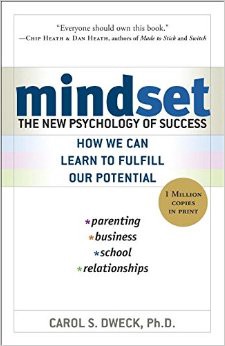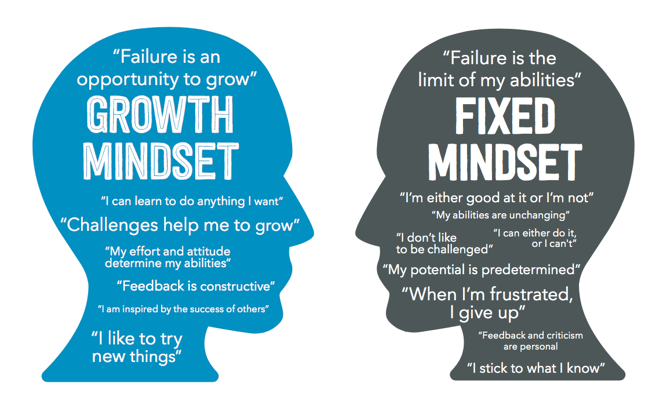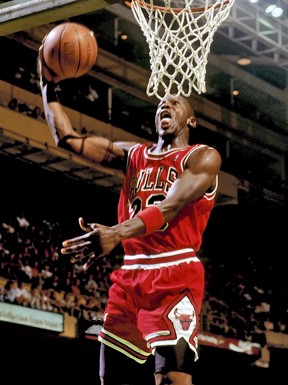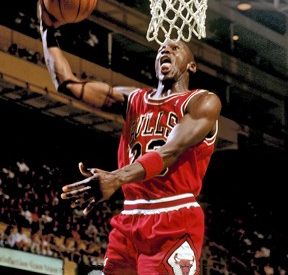
I just finished ?Mindset? by Carol Dweck, an awesome book about motivation and perspective. One central concept from Mindset is that ?the view you adopt for yourself profoundly affects the way you lead your life.?
Carol contrasts the two mindsets ? fixed mindset and growth mindset ? in the following way. Fixed mindset:
?Believing that your qualities are carved in stone ? the fixed mindset ? creates an urgency to prove yourself over and over. If you only have a certain amount of intelligence, a certain personality, and a certain moral character ? well, then you?d better prove that you have a healthy dose of them. It simply wouldn?t do to look deficient in these most basic characteristics.?
Growth mindset:
?In this mindset, the hand you?re dealt is just the starting point for development. This growth mindset is based on the belief that your basic qualities are things you can cultivate through your efforts. Although people may differ in every which way ? in their initial talents and aptitudes, interests, or temperaments ? everyone can change and grow through application and exercise.?

According to Carol, we can differentiate the fixed and growth mindsets across a number of dimensions:
Challenges
People with a fixed mindset avoid challenges, because it makes them feel like they?re not talented or smart. They lose interest when the work gets hard, and they give up easily.
Those with growth mindset seek and thrive on challenge. They want to stretch themselves, because they know that they will grow and learn. ?This is hard. This is fun.?
Setbacks
If you have a fixed mindset, you will let one setback ? one bad test, evaluation, or outcome ? define you forever. You are granting one setback the power to measure your basic intelligence and abilities forever. That?s why you need to prove yourself each and every time.
If you have a growth mindset, you know that you can?t let one single outcome define your ability or ? more importantly ? your potential. You look at the setback as a single point in time, and don?t let it forever define your intelligence, abilities, or character. When NASA selects its astronauts, they reject people with ?pure histories of success,? and instead select applicants that have bounced back from failure.
This reminds of me of what Martin Seligman wrote in ?Learned Optimism,? and what I also wrote about in ?How to Be Resilient.? Martin?s central point is that pessimistic people think of setbacks as permanent, universal, and internal; whereas optimistic people see setbacks as temporary, specific, and external. People with fixed mindsets are pessimistic about setbacks, people with growth mindsets are optimistic.
Effort and outcomes
People with a fixed mindset believe that success should be won without effort ? that you?re born with natural talents and abilities. If you don?t achieve something effortlessly, then you?re not a ?natural.? These people also pin everything on the outcome. ?If you fail ? or if you?re not the best ? it?s all been wasted.? Thus, hard work and big effort are risky and terrifying: great achievers are not supposed to need effort, and if you fail, all of your hard work was wasted.
Those with a growth mindset believe the opposite: you have to work hard in order to achieve success, that it doesn?t just come naturally. They love what they?re doing, regardless of the outcome. For growth mindset-oriented folks, their work is meaningful because they?re applying themselves, giving their best, solving challenging and important problems. It?s about the journey, not just the destination. As a result, even if the outcome is not a ?success,? they feel the effort was rewarding and worthwhile in itself. People with the growth mindset stretch themselves more, think bigger, take more risks, and learn something new, regardless of the outcome.
Sports examples
Carol Dweck provides some great examples of professional athletes who have the growth mindset. All of these athletes realized that success comes from hard work. They found their inspiration from doing their best, learning, and improving.

Michael Jordan was one of the hardest working basketball players throughout his schooling and his career. ?At the University of North Carolina, he constantly worked on his weaknesses ? his defensive game and his ball handling and shooting. The coach was taken aback by his willingness to work harder than anyone else. Once, after the team lost the last game of the season, Jordan went and practiced his shots for hours. He was preparing for the next year. Even at the height of his success and fame ? after he had made himself into an athletic genius ? his dogged practice remained legendary.?
Michael Jordan himself said:
?The mental toughness and the heart are a lot stronger than some of the physical advantages you might have. I?ve always said that and I?ve always believed that.?
Jackie Joyner-Kersee said:
?For me the joy of athletics has never resided in winning? I derive as much happiness from the process as from the results. I don?t mind losing as long as I see improvement or I feel I?ve done as well as I possible could. If I lose, I just go back to the track and work some more.?
And Mia Hamm said:
?After every game or practice, if you walk off the field knowing that you gave everything that you had, you will always be a winner.?
Mindset was a very interesting book ? I definitely identified with the central concept that the view you take of yourself will greatly impact the way you lead your life. I don?t look at mindset as a binary thing ? most people tend not to universally have a fixed or growth mindset, but they will be somewhere on the spectrum. You may find yourself behaving with a fixed or growth mindset in different situations and at various points of your life. I myself have definitely had the fixed mindset at certain points in my life. But reading this book has changed my perspective and inspired me to try to have growth mindset more often. I encourage you to read Mindset ? hopefully you will find it as enlightening and rewarding as I have.


